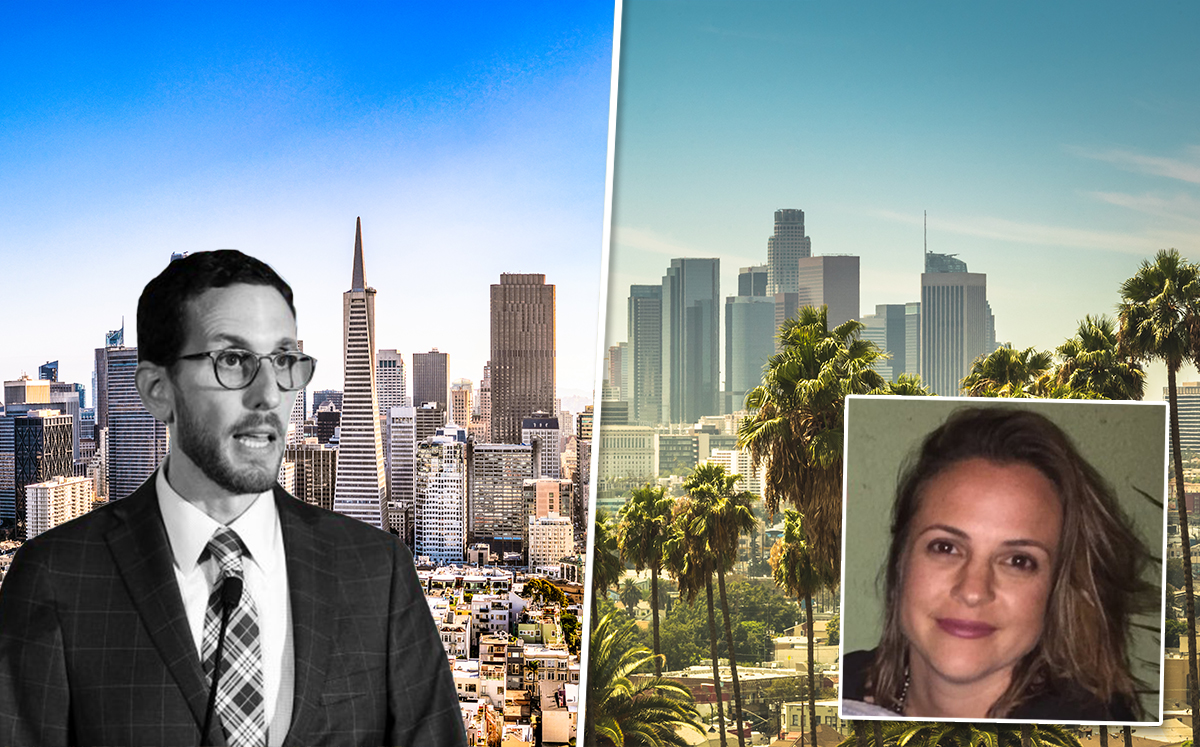Trending
LA pols brought down SB 50 housing bill
“Bay Area politics, it doesn’t translate exactly to our region.”

A controversial statewide housing bill that would have allowed developers to build taller, high-density housing near mass transit stops died last week, and Los Angeles politicians may have played the greatest role in its demise.
State senators from L.A. County were in near-unanimous opposition to the legislation, Senate Bill 50, according to the Los Angeles Times. The bill mandated that cities and counties allow mid-rise apartments near mass transit stops and fourplexes in single-family neighborhoods.
But L.A. lawmakers balked at the bill, saying that it wouldn’t deliver enough affordable housing while putting the control over key local development decisions into the hands of Sacramento.
Just before the vote, the Los Angeles County Democratic Party reached out to members by email and asked them to voice their opposition to their senators.
“SB 50 is an unprecedented taking of local planning powers that hands city and community decision making directly to luxury housing developers,” the email read, according to the Times.
“The focus has to be on a solution that works for Los Angeles,” said Laura Raymond, of Alliance for Community Transit Los Angeles, which pushes for greater development around transit but opposed SB 50. She told The Times that Bay Area politics “doesn’t translate exactly to our region.”
SB 50, championed by San Francisco Sen. Scott Wiener, fell three votes short in the state senate last week. A previous iteration of the bill, from 2018, also faced criticism from L.A. activists who felt it would weaken the city’s own initiative tried to mass transit, known as the Transit Oriented Communities program.
L.A. Mayor Eric Garcetti, who remained neutral on the bill, noted that it didn’t provide enough details on how it would work in specific communities.
“There is this cultural divide where San Francisco is a unique place compared to L.A.,” Garcetti, told the newspaper. “Tell me how this works in Artesia. Show me what this means in Long Beach.” [LAT] — TRD Staff




